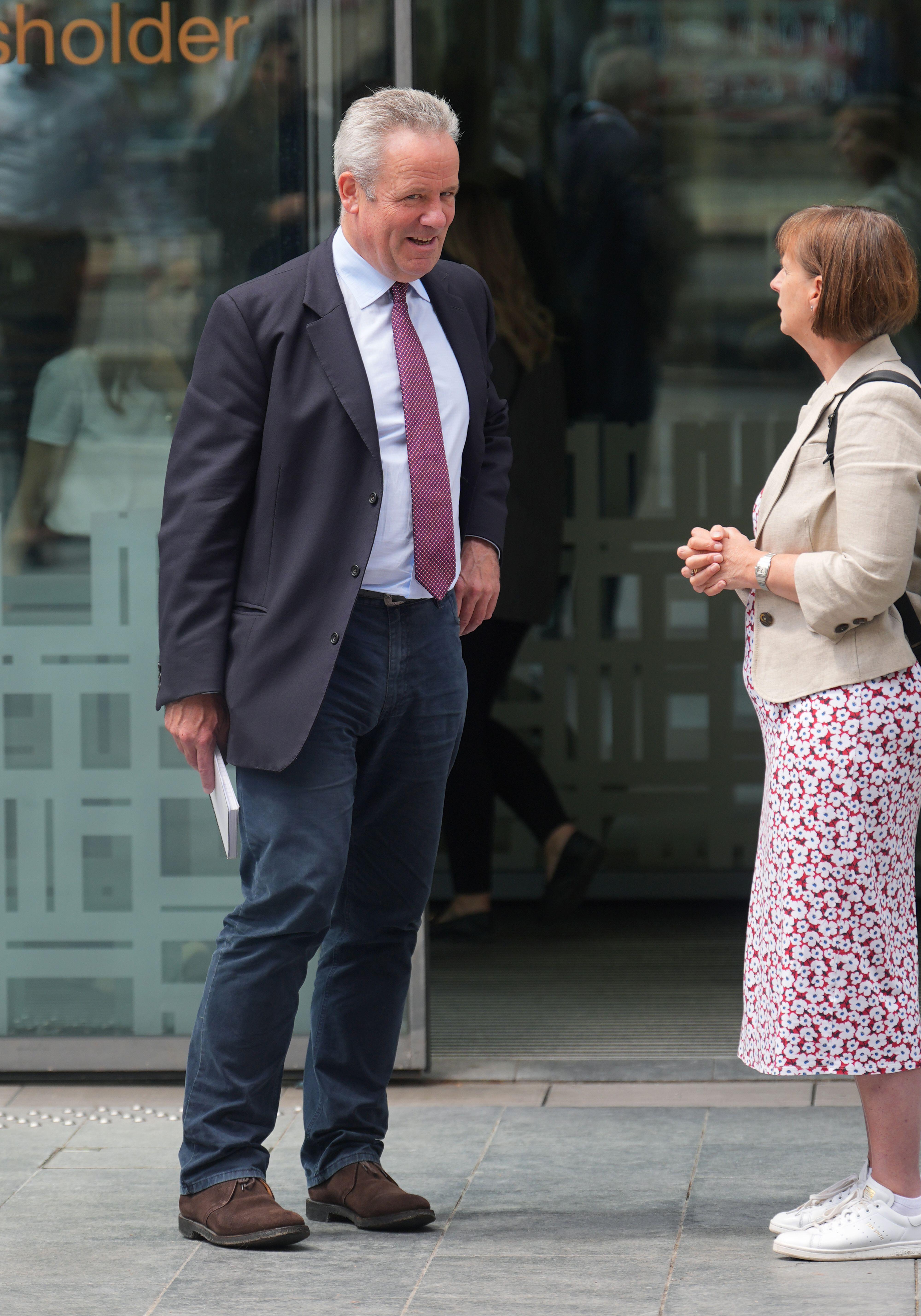Thames Water Executive Warns of Risks from Ofwat Budget Cuts
The chief executive of Thames Water, the largest water utility in the UK, has raised alarms over potential cuts proposed by the regulator, Ofwat, suggesting they could hinder the company’s recovery from ongoing financial troubles.
Chris Weston emphasized that the proposed cuts would undermine investor confidence in Thames Water’s business plan for the 2025-2030 period, rendering it “not deliverable.”
With significant debt and the threat of nationalisation looming, Thames Water announced its intention to increase customer bills by 52%—an increase of £18.99 monthly—targeting an average charge of £666.50 by 2030 to fund critical improvements, notably in wastewater treatment.
Earlier in July, Ofwat permitted water companies to hike average bills by an average of 21% over the next five years. This figure falls short of what the companies have deemed necessary to modernize infrastructure, accommodate a growing population, and address issues related to climate change such as droughts and extreme weather events.
Thames Water was informed it could raise bills by up to 23% in the same five-year timeframe, significantly lower than its original request of 40%.
In a market statement, Thames Water expressed “significant concerns” over Ofwat’s proposals, which it claims would result in a 25% reduction in its intended spending. The utility has criticized Ofwat for establishing what it calls “unattainable” wastewater targets and for halving its budget earmarked for wastewater treatment, increasing the risk of incurring further fines.
There has been mounting criticism aimed at utility companies for sewage discharges contaminating the nation’s waterways, underscoring the industry’s outdated infrastructure.
Thames Water’s challenges are viewed as indicative of broader issues within the water sector, where shareholder dividends and escalating debts have prompted public discontent regarding the management of water services since privatization.
Ofwat, which oversees water services in England and Wales, has issued provisional decisions affecting companies’ spending proposals and restricting bill increases. This comes as part of the regulatory price review, which will influence firms’ business strategies and expected investor returns from 2025 to 2030.

Water companies had sought Ofwat’s approval for a combined expenditure of £104.5 billion, intending to cover an average water bill increase of £144 over five years. However, the regulator proposed a reduced budget of £88 billion and set the average bill increase at £94 in its recent draft review.
The forthcoming plans, expected to be finalized in December, will include stricter performance metrics for utilities and a heightened risk of financial penalties for non-compliance.
Thames Water cautioned that Ofwat’s spending plan for wastewater management could lead to disproportionate penalties and increased financial risks, which would adversely affect its ability to attract investment and improve infrastructure. The company stressed the urgent need to address these concerns before final decisions are made.
Water UK, the trade association for the sector, warned that the regulatory approach could deter equity investors from supporting the water industry.
Weston stated, “The funds we’re requesting from customers will directly support the development of new infrastructure and enhancements in service for both households and the environment. This is not about them paying twice but addressing years of emphasis on keeping costs low.”
Sir Adrian Montague, chairman of Thames Water, remarked that after years of prioritizing low bills, it is time for challenging decisions. The onus is on the company, regulators, and the government to find solutions that benefit both customers and the environment.
An Ofwat spokesperson noted that the organization has received feedback from various stakeholders, including water companies, environmental groups, and investors, reflecting a wide range of opinions on the proposals. All feedback will be thoroughly reviewed over the next three months, with final decisions expected on December 19.




Post Comment